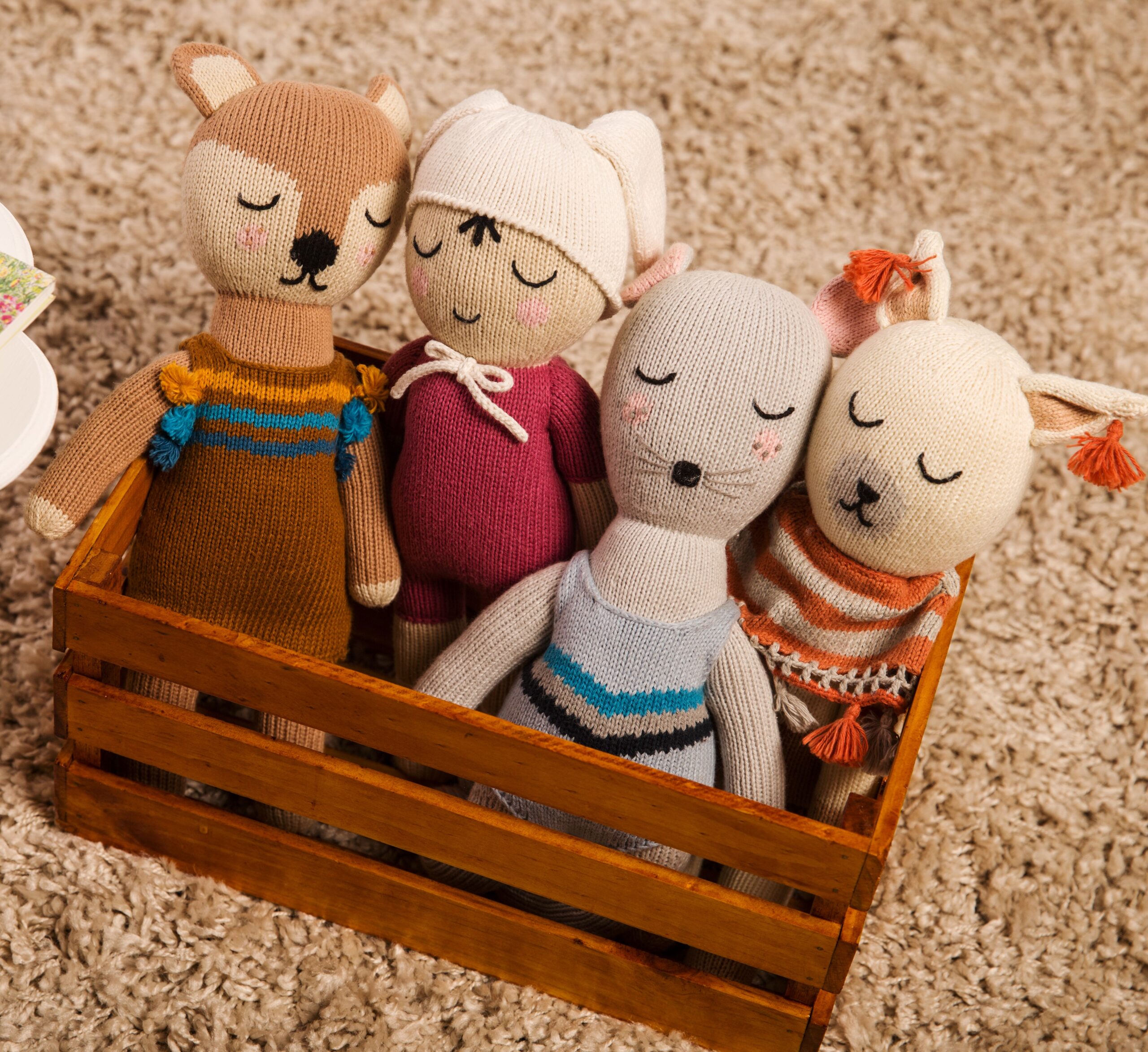Playing with toys is an essential part of every child’s development, including their self-esteem, and it goes beyond just ensuring fun. It is through play that children learn to socialize, think, communicate, and relate to their environment, which leads to healthy brain development and the acquisition of skills that help strengthen their self-esteem.
According to the Universidad Autónoma de Puebla, toys play an important role in this stage because they are one of the first ways in which children relate to reality. These items are much more than just objects because each one of them presents values and transmits an emotional message. Unfortunately, studies confirm that the first toys that babies receive in infancy reflect the stereotypes of society, as adults often choose these toys based on social expectations and societal stereotypes.
However, this fact can be detrimental to a child’s sense of belonging, especially when they do not feel represented in terms of identity or because they do not perceive that they share the same physical characteristics or abilities that their toy personifies. This situation has a negative impact on their identity, which directly affects their self-esteem, emotional state, social relationships, and cognitive development.
For this reason, initiatives such as «Dolls like Me» have emerged, seeking to promote the creation of dolls that represent the physical characteristics of children to strengthen their self-esteem. This project is led by Amy Jandrisevits, a woman from Wisconsin who worked as a therapist in the pediatric oncology unit. In her work, she realized that play contributed to the emotional well-being of these children. Not only because of the need for attachment, but also because of how important it is for them to have a doll that physically resembles them, especially in those moments of vulnerability due to physical changes.
This is how she began to manufacture cloth dolls for children with cancer, children with amputated legs, albinos, spots of vitiligo, or any other physical condition that her customers ordered. These dolls had a positive impact on the self-acceptance of these children, helping them to feel more confident, self-assured, and therefore strengthening their self-esteem.
Major brands such as Mattel, the American company that produces Barbies, have also included in their line of dolls, Barbies that break with the stereotypes of beauty present in society. It has incorporated Barbies with different skin tones, hair, sizes, and body builds. It even included a Barbie in a wheelchair and another with a prosthetic leg so that girls with mobility problems can feel identified.
https://fashionunited.uk/news/culture/in-pictures-barbie-gets-more-inclusive/2020020447335
Niko International also manufactures handmade artisan dolls, respecting the cultural diversity of people around the world. Exclusive designs are customized according to the characteristics requested by customers and brands in the international market. In the textile process, they use eco-friendly and environmentally sustainable organic materials handmade by Peruvian artisans and internationally accredited with the OEKO-TEX Standard 100 certification, GOTS, and ISO 9001 certificates. They are also part of the WFTO and NEST members.
Barbie seeks to promote that girls can play without limits and be what they want to be by creating a range of dolls with professions traditionally considered masculine. These dolls include the Barbie astronaut, scientist, sportswoman, and other professions so that girls feel free to break with gender roles.
In conclusion, these cases show the important role that toys play in childhood development, for their symbolic value of what reality is like, and for the effects they have on the self-esteem and emotional well-being of boys and girls.

